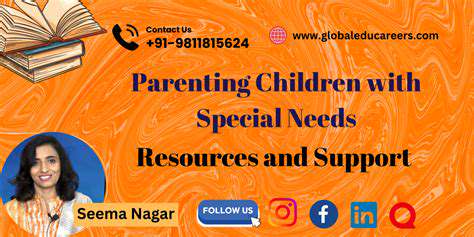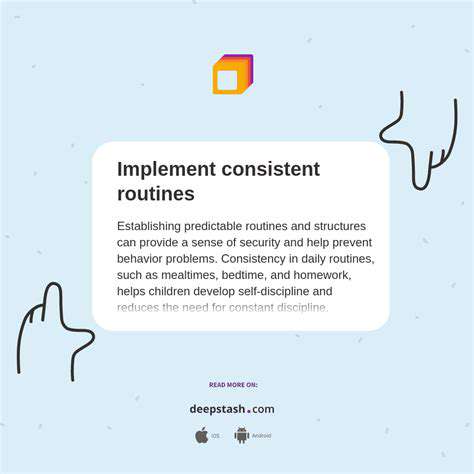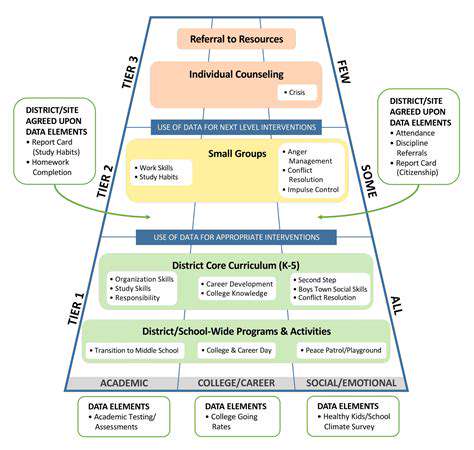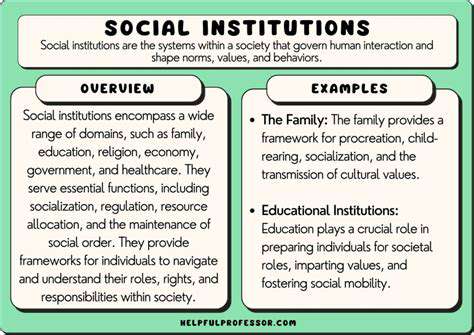Early Intervention for Developmental Concerns: When to Seek Help
Understanding the Benefits of Early Intervention: A Proactive Approach to Support
Identifying Early Warning Signs
Early intervention programs are designed to support children and families at the earliest possible stage, and often the most critical component is the ability to identify potential developmental delays or challenges. These early warning signs can manifest in various ways, ranging from subtle language delays to difficulty with motor skills. Professionals trained in child development and early intervention can recognize these indicators, which may include a child exhibiting difficulty with social interactions, struggling to follow instructions, or demonstrating a lack of interest in typical play activities. Early identification allows for timely and targeted support, maximizing the potential for positive outcomes.
Recognizing these early warning signs requires a proactive approach, involving close observation by parents, caregivers, and educators. Parents play a crucial role in monitoring their child's development, noting any noticeable deviations from typical milestones. This involves consistent observation of language development, physical abilities, social interactions, and emotional responses. Understanding the typical developmental trajectory for each age group is essential for identifying potential concerns. By working collaboratively with professionals, parents can gain valuable insights and support in addressing any emerging challenges.
Maximizing Potential Outcomes Through Intervention
Early intervention programs offer a comprehensive array of services tailored to meet the unique needs of each child and family. These services are designed to provide support in various areas, such as speech therapy, occupational therapy, physical therapy, and educational interventions. These therapies can help children develop crucial skills, improve their overall functioning, and enhance their ability to participate in everyday activities. Early intervention not only addresses immediate challenges but also fosters a foundation for future success.
The benefits of early intervention extend far beyond the immediate challenges. By addressing developmental delays early, children are better positioned to achieve their full potential in various aspects of life, including school performance, social interactions, and emotional well-being. Intervention programs often involve ongoing monitoring and evaluation to track progress and adjust strategies as needed. This ensures that the support remains effective and relevant to the child's evolving needs. Proactive intervention can significantly improve a child's quality of life, leading to greater independence, confidence, and opportunities for future success.
Furthermore, early intervention often involves providing support to parents and caregivers. This support can include education, training, and resources that empower families to effectively implement strategies at home. This collaborative approach not only benefits the child but also strengthens the family unit, equipping them with the knowledge and tools necessary to support their child's continued growth and development.
Finding Resources and Support Systems for Families

Locating Community Support Groups
Finding support groups in your community can be incredibly beneficial for navigating challenges and gaining strength from shared experiences. These groups offer a safe space to connect with others facing similar situations, fostering a sense of belonging and providing valuable emotional support. Participating in these groups can lead to a deeper understanding of your circumstances and potentially offer practical solutions and strategies for coping.
Research local community centers, hospitals, or social service agencies to identify support groups relevant to your needs. Many offer a wide range of groups focusing on everything from mental health to specific medical conditions, family issues, or personal development.
Utilizing Online Support Networks
The internet provides a wealth of online support networks, offering a convenient and accessible way to connect with others facing similar challenges. These virtual communities can provide immediate and ongoing support, fostering a sense of connection even when physical distance is a factor. Connecting with like-minded individuals online can offer a sense of community and shared understanding, which is particularly helpful during times of isolation or vulnerability.
Numerous online forums, social media groups, and dedicated websites offer spaces for individuals to share experiences, ask questions, and receive encouragement. Be sure to choose reputable and trustworthy platforms to ensure the safety and well-being of yourself and others.
Accessing Professional Counseling Services
Seeking professional counseling is a proactive step towards addressing personal challenges and improving mental well-being. A licensed therapist can provide personalized guidance, support, and tools to navigate difficult emotions and situations. Professional counseling can equip you with coping mechanisms and strategies to manage stress and anxiety effectively. A therapist can also help identify and address underlying patterns that may be contributing to your challenges.
Exploring Educational Resources
Educational resources play a crucial role in understanding and managing various challenges. These resources can provide valuable information about specific conditions, coping mechanisms, and self-care strategies. Books, articles, and online courses can offer insights into a range of topics, from stress management techniques to effective communication skills.
Libraries, community colleges, and online platforms offer a diverse array of educational resources. Take advantage of these opportunities to enhance your knowledge and understanding of your situation.
Leveraging Mental Health Apps and Tools
Mental health apps and digital tools are becoming increasingly popular and valuable resources for managing mental well-being. These apps often offer guided meditations, mindfulness exercises, and personalized support programs. They can provide a convenient and accessible way to practice self-care and build coping skills on a regular basis. This can be particularly beneficial for individuals who may find it difficult to access traditional counseling services.
Investigating Financial Aid and Assistance Programs
Financial hardships can significantly impact an individual's well-being and ability to access support. Researching available financial aid and assistance programs can provide crucial resources to address financial burdens and improve overall stability. Government agencies, non-profit organizations, and community programs frequently offer financial assistance for various situations, such as housing, food, or medical expenses. Many programs provide much-needed support and empower individuals to overcome financial challenges.
Considering Support from Family and Friends
Often, the most readily available and supportive resources are found within our personal networks. Family and friends can provide emotional support, practical assistance, and a sense of connection during challenging times. Open communication and clear boundaries are crucial for establishing a strong support system within your personal relationships. Reaching out to loved ones to share your struggles and seek their support can be incredibly beneficial.











